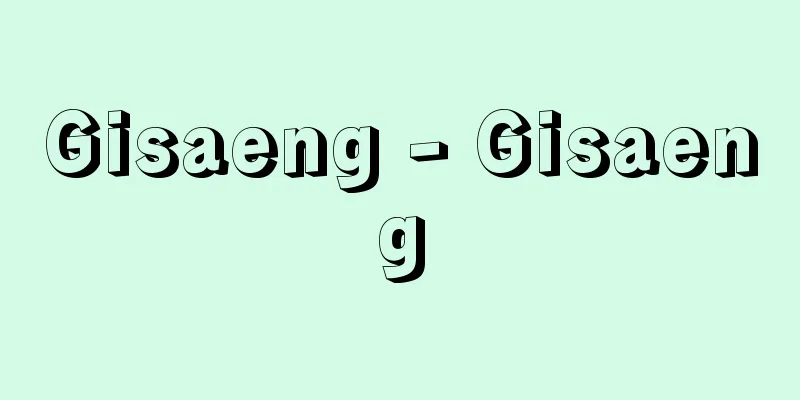Modern-day heroes - Geroy nashego vremeni

|
A full-length novel by Russian poet and novelist Lermontov. Published in 1840. It is made up of three stories published individually in the journal Miscellany of the Fatherland and two unpublished short and medium-length stories (Bela, Maxim Maximich, Tamani, Duchess Mary, and The Fatalist), and takes the form of a linked novel rearranged according to a unique structural principle that reveals the character of the common protagonist, Pechorin, from a perspective that gradually shifts from the outside to the inside. It is regarded as the first prose novel in the history of Russian literature, which attempts to approach the essence of human existence by arranging complex themes including social and philosophical issues according to the development of the protagonist's inner world, rather than following the succession of events. Pechorin is a young aristocratic officer who seems to have been suffocated in Russian society just after the suppression of the Decembrist revolt and exiled to the war to oppress the mountain peoples of the Caucasus. He analyzes his own self, which is ruined without being able to effectively utilize his extraordinary intelligence and energy, in a sharp and deep manner, and is tormented by the fact that he is unable to do anything about it. The author portrays the good-natured old Russian soldier who has become a "Caucasian" and the "natural man" who is a smuggler and a young mountain boy and girl, as polar opposites, but does not fall into easy romantic idealization. The vulgar people of upper class society become victims of Pechorin's harsh behavior. Condemnation of the protagonist's "immorality" erupted from conservative reactionaries as soon as the book was published. The author's rebuttal in the preface to the second edition is also a formulation of the new principle of creative writing. It has had a great influence on Tolstoy, Dostoevsky, and others. It was also introduced early on in Japan during the Meiji period in works such as "Nukeuri" translated by Mori Ogai and "Yusenki" translated by Koganei Kimiko. [Takashi Kimura] "Heroes of Our Time" translated by Toru Nakamura (Iwanami Bunko) Source: Shogakukan Encyclopedia Nipponica About Encyclopedia Nipponica Information | Legend |
|
ロシアの詩人・小説家レールモントフの長編小説。1840年刊。『祖国雑記』誌へ個別に掲載した3編と未発表の2編の中・短編小説(『ベーラ』『マクシム・マクシームィチ』『タマーニ』『公爵令嬢メリー』『運命論者』)からなり、共通の主人公ペチョーリンの人間像を、外から内へしだいに移る視点で明らかにしていく独特の構成原理によって組み替えられた連鎖形式の小説の形をとっている。社会的・哲学的諸問題を含む複雑なテーマを、事件の継起にしたがってではなく、主人公の内的世界の展開を筋にして配置し、人間存在の本質に迫ろうとした、ロシア文学史上最初の散文小説として評価されている。 ペチョーリンは、デカブリストの乱が鎮圧された直後のロシア社会で窒息させられ、カフカスの山岳民族抑圧戦争へ追放されたとおぼしい貴族青年将校で、並はずれた知力と行動力を有効に発揮できぬまま破滅していく自己を鋭く深く分析しながら、どうすることもできず苦悩する。作者は、「カフカス人」化した人のいい老ロシア軍人、「自然人」である密貿易人や山岳民の若者とか娘を対極的に描くが、安易なロマン主義的理想化に堕してはいない。上流社会の俗物たちはペチョーリンの辛辣(しんらつ)な行動の犠牲にされる。主人公のこの「不道徳性」を非難する声が発表と同時に保守反動層から沸騰した。作者が第2版の序文に書いた反論は新創作原理の定式化でもある。トルストイ、ドストエフスキーらへの影響は大である。日本でも明治時代、森鴎外(おうがい)訳『ぬけうり』、小金井喜美子訳『浴泉記』で早くから紹介されている。 [木村 崇] 『中村融訳『現代の英雄』(岩波文庫)』 出典 小学館 日本大百科全書(ニッポニカ)日本大百科全書(ニッポニカ)について 情報 | 凡例 |
>>: Modern man (English spelling) Sovremennik
Recommend
Alidade (English spelling)
An instrument used in plane table surveying, also ...
Henisch
1880‐1966 German researcher of Mongolian and Sinol...
Tāsā (English spelling)
… [Primitive agricultural culture] In the Alluvia...
Yoshinori Isomura
A mathematician from the early Edo period. Nickna...
Khan, FA (English spelling) KhanFA
…It is made up of layers of the Indus Valley Civi...
Organoleptic test
...The term sensory testing originates from the o...
EPROM - Electronic read only memory
A rewritable read-only memory. Erasable ROM; abbre...
Higotai - Higotai
A perennial plant of the Asteraceae family. The s...
Baosi - Hosi
A legendary woman from ancient China. She was the...
Electronic Banking - Electronic Banking
Banking services that incorporate electronics and ...
Interval - kukan (English notation) interval
A mathematical term. a and b are two real numbers,...
Flame Drum - Kaendaiko
...There are three types of drums: the drums, the...
Galilee man
Neanderthals from Western Asia. Excavated in 1925 ...
Vladimir Ilich Jochelson
1855‐1937 Russian-born ethnologist. In Russian, he...
nephridium
…The kidney is an excretory organ common to all v...









